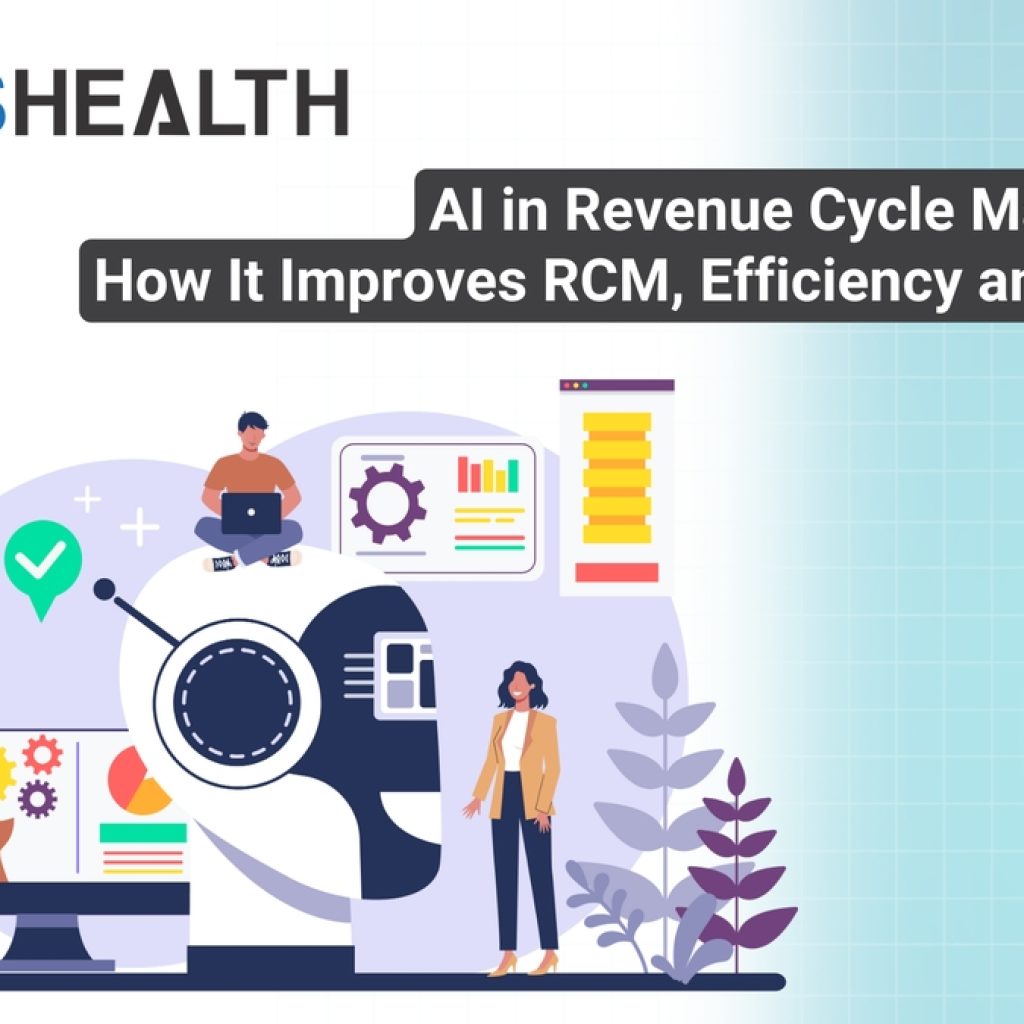In a significant breakthrough, NASA has employed advanced technology to create DAGGER, an Early Warning System designed to provide critical alerts about impending solar storms. This innovative system offers a remarkable 30-minute lead time before potentially devastating solar storms hit.
Given the severe threats that solar storm-related disruptions pose to our electrical and communication infrastructure, this technological leap could mark a pivotal moment in safeguarding our planet.
A swift response to solar storm threats
Solar storms, characterized by the sudden ejection of solar material from the Sun, can have devastating effects on Earth’s infrastructure, causing disruptions in power grids and communication networks. Historical incidents, such as the Quebec blackout 35 years ago and the Carrington event over 150 years ago, underscore the destructive potential of these solar storms.
Acknowledging the urgency of preparedness, NASA has harnessed the capabilities of advanced technology to develop DAGGER, an Early Warning System renowned for its unprecedented speed and accuracy.
AI and satellite data fusion
NASA aggregated data from diverse sources to create a predictive model for solar storms, including satellites such as ACE, Wind, IMP-8, and Geotail. These satellites, continuously monitoring solar activity, offered invaluable information regarding solar outbursts. However, detecting an impending solar storm is only part of the challenge. Equally important is understanding the potential impact it may have on Earth.
Researchers combined satellite data with information from ground-based stations affected by previous solar storms to tackle this issue. This comprehensive dataset formed the foundation for training DAGGER, a cutting-edge deep learning model at the core of this transformative system.
DAGGER: A leap forward in predictive technology
DAGGER, aptly named for its precision and rapid response, represents a significant advancement in predictive algorithms. Its most notable feature is its remarkable increase in speed, setting it apart from previous iterations. Under the leadership of Vishal Upendran from the Inter-University Center for Astronomy and Astrophysics in India, the research team asserts that DAGGER can predict the severity and direction of a solar storm event in under one second. Even more impressively, it can generate predictions every minute, a remarkable advancement compared to previous algorithms that required significantly more time.
The primary obstacle faced by earlier algorithms was the computational complexity of predicting the global impact of a solar storm. DAGGER, however, has successfully surmounted this challenge by performing rapid prediction calculations across Earth’s entire surface.
Global predictions for local safety
Local predictions are of paramount importance because, at any given moment, half of the Earth is in darkness. DAGGER’s combined speed and global coverage make it an invaluable tool for predicting and responding to solar storm hazards. Its introduction as an open-source platform is timed perfectly to collect crucial data as the Sun approaches the peak of its 11-year solar cycle in 2025.
This strategic timing allows utility and communication companies to seamlessly integrate DAGGER into their threat assessment systems before the most severe weather events occur. While it may not trigger audible alerts like tornado warnings, DAGGER ensures that relevant stakeholders are promptly informed of potential hazards significantly faster than before.
A technological triumph for preparedness
NASA’s development of DAGGER signifies a remarkable achievement in space weather prediction. Given solar storms’ escalating risks to our interconnected world, a dependable early warning system is more critical than ever. DAGGER’s ability to provide a 30-minute advanced warning for solar storms and its global predictive capabilities equip us better to mitigate the potentially catastrophic consequences of these cosmic phenomena.
As DAGGER continues to evolve and integrate into various sectors, it promises to become an indispensable tool for safeguarding our planet against the unpredictable forces of space weather. With proactive engagement from key individuals and organizations, the world is better prepared to confront the challenges posed by solar storms, instilling optimism for a safer and more resilient future.





